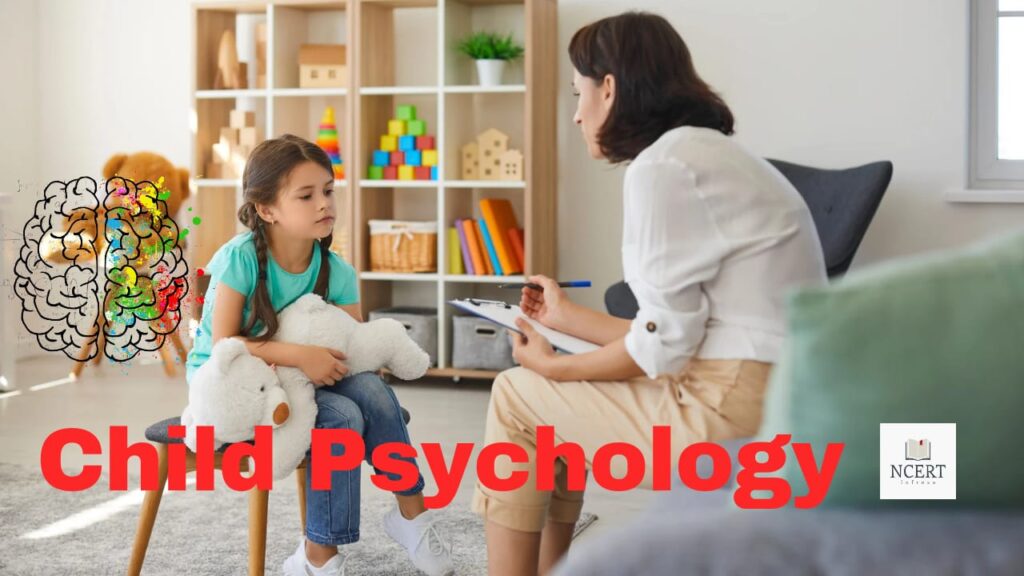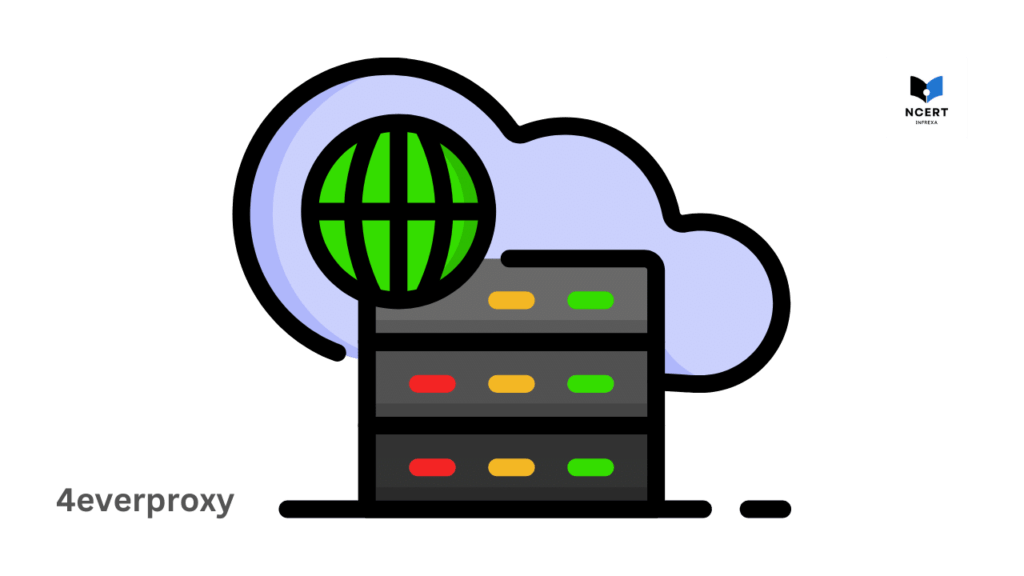Child psychology, often referred to as developmental psychology, is the study of the mental, emotional, and behavioral development of children from infancy through adolescence. This branch of psychology examines how children evolve in terms of their mental processes, social interactions, and overall personality. It focuses on understanding the inner workings of a child’s mind and how these influence their behaviors and responses to the environment.
Definition of Child Psychology by Different Authors
Several renowned psychologists have provided their definitions, reflecting its multifaceted nature:
- Crow and Crow: Define child psychology as the study of children’s behavior and development from conception through adolescence, focusing on understanding their emotional, social, and intellectual growth.
- Thomson: Views child psychology as a discipline that aims to guide the overall development of children by providing insights into their mental and emotional states.
What is Child Psychology?
Child psychology is centered on understanding how children think, feel, and behave. It encompasses various stages of development, including infancy, childhood, and adolescence, and studies how these stages affect a child’s mental and emotional growth. This field is crucial for identifying the needs of children and addressing issues that may arise during their development.
Meaning
The concept of child psychology revolves around the idea of nurturing and guiding the child through various developmental stages. It is concerned with the child’s cognitive abilities, emotional well-being, and social interactions, aiming to foster a supportive environment that promotes healthy growth.
Characteristics
- Child-Centric Focus: The primary focus of child psychology is the child, studying their behaviors and mental processes.
- Use of Psychological Methods: Various psychological techniques are applied to understand and analyze behavioral changes in young individuals.
- Guiding Development: It provides direction for the holistic development of children, ensuring that they grow mentally, physically, and socially.
- Relevance to Modern Education: Child psychology is increasingly used in modern education to design curricula and teaching methods that cater to the needs of individual students.
- Behavioral Analysis: It studies the behavioral changes in children and creates strategies to guide these changes positively.
Principles of Child Psychology
It is guided by several key principles that help understand and address children’s developmental needs:
- Psychoanalytic Theory: Proposed by Sigmund Freud, this theory suggests that a child’s behavior and development are influenced by unconscious desires and conflicts. Freud’s work underscores the importance of early childhood experiences in shaping an individual’s personality.
- Behaviorist Theory: Developed by psychologists such as John Watson and B.F. Skinner this theory emphasizes that children’s behavior is learned through interactions with their environment. It focuses on observable behaviors and the effects of conditioning and reinforcement.
- Cognitive Theory: Introduced by Jean Piaget, this theory explores how children’s thought processes develop over time. It posits that children actively construct their understanding of the world through experiences and interactions, influencing their cognitive growth.
Uses in Education
In modern education, child psychology plays a pivotal role in shaping curriculum design, teaching methods, and educational policies. By understanding the psychological principles underlying child development, educators can tailor their approaches to meet the diverse needs of students, fostering an environment conducive to learning.
Benefits of Child Psychology
- Guiding Behavioral Development: Child psychology helps identify and address behavioral issues, providing strategies to guide children towards positive behaviors.
- Supporting Emotional Growth: Understanding children’s emotional needs allows for the creation of supportive environments that nurture emotional resilience.
- Enhancing Learning: By aligning teaching methods with psychological principles, it enhances the effectiveness of educational practices, promoting better learning outcomes.
Conclusion
Child psychology is integral to understanding the complexities of children’s development. By studying their mental, emotional, and behavioral growth, we can provide the necessary support and guidance to foster healthy development and prepare them for future challenges.




